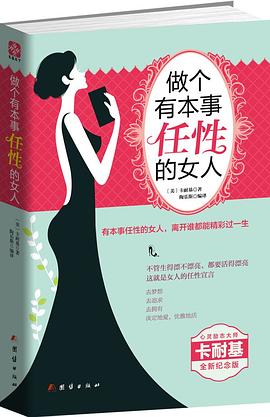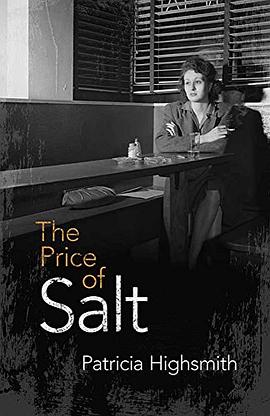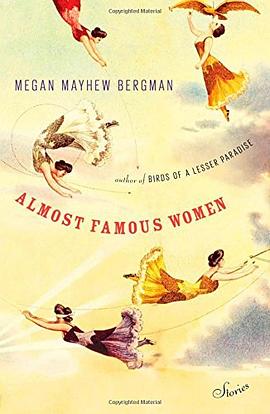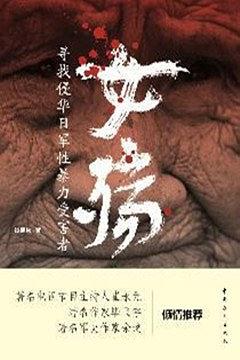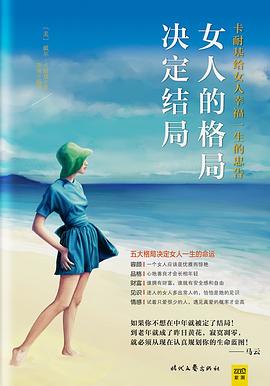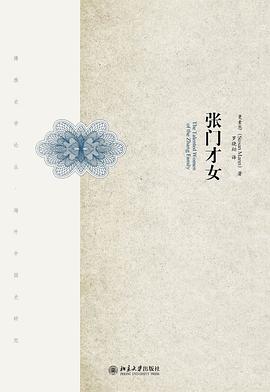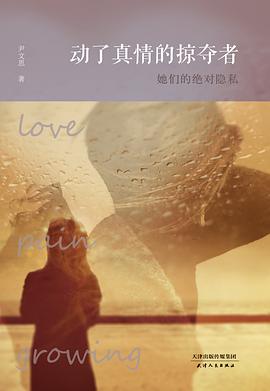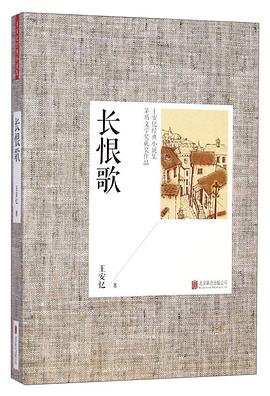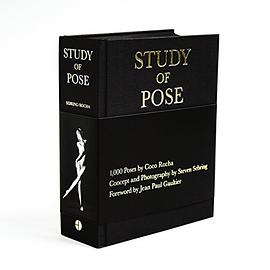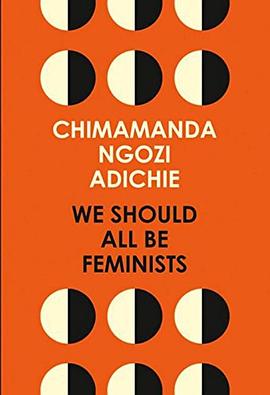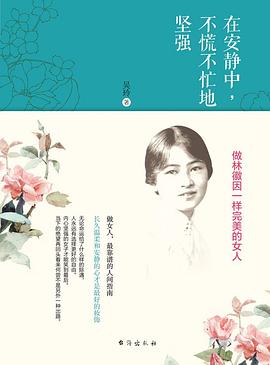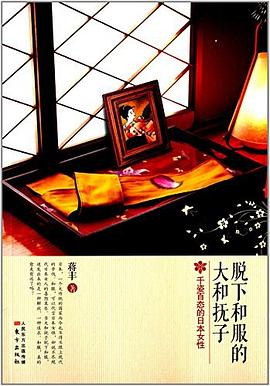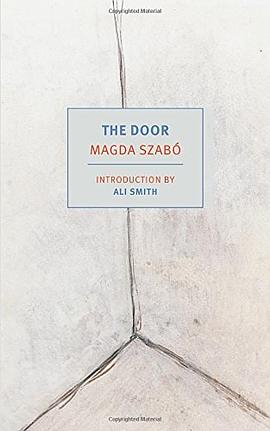

具体描述
The Door is an unsettling exploration of the relationship between two very different women. Magda is a writer, educated, married to an academic, public-spirited, with an on-again-off-again relationship to Hungary’s Communist authorities. Emerence is a peasant, illiterate, impassive, abrupt, seemingly ageless. She lives alone in a house that no one else may enter, not even her closest relatives. She is Magda’s housekeeper and she has taken control over Magda’s household, becoming indispensable to her. And Emerence, in her way, has come to depend on Magda. They share a kind of love—at least until Magda’s long-sought success as a writer leads to a devastating revelation.
Len Rix’s prizewinning translation of The Door at last makes it possible for American readers to appreciate the masterwork of a major modern European writer.
作者简介
Magda Szabó (1917–2007) was born into an old Protestant family in Debrecen, Hungary’s “Calvinist Rome,” in the midst of the great Hungarian plain. Szabó, whose father taught her to converse with him in Latin, German, English, and French, attended the University of Debrecen, studying Latin and Hungarian, and went on to work as a teacher throughout the German and Soviet occupations of Hungary in 1944 and 1945. In 1947, she published two volumes of poetry, Bárány (The Lamb), and Vissza az emberig (Return to Man), for which she received the Baumgartner Prize in 1949. Under Communist rule, this early critical success became a liability, and Szabó turned to writing fiction: her first novel, Freskó (Fresco), came out in 1958, followed closely by Az oz (The Fawn). In 1959 she won the József Attila Prize, after which she went on to write many more novels, among them Katalin utca (Katalin Street, 1969), Ókút (The Ancient Well, 1970), Régimódi történet (An Old-Fashioned Tale, 1971), and Az ajtó (The Door, 1987). Szabó also wrote verse for children, plays, short stories, and nonfiction, including a tribute to her husband, Tibor Szobotka, a writer and translator of Tolkien and Galsworthy who died in 1982. A member of the European Academy of Sciences and a warden of the Calvinist Theological Seminary in Debrecen, Magda Szabó died in the town in which she was born, a book in her hand. In 2017 NYRB Classics will publish Iza’s Ballad (1963).
目录信息
读后感
评分
评分
评分
评分
用户评价
123
评分不太明白为什么这书受这么大好评。跟我匈也基本没什么关系。看上去也不像是红色恐怖下的欲说还休
评分Emerence的古怪执扭是吸引我读下去的点,故事结尾她紧闭那扇门的原因于我有意料之外的共鸣。她非己所愿被施加的帮助和其后的consequences都近乎残忍。Magda每次在对Emerence做了错误的事之后都有所意识并流露悔恨,但作为读者我无法喜欢她,在恐惧焦虑不忍读下去的末尾我无法原谅她。
评分Not good et not bad. Partly unused to this way of narrative that goes as self-murmur.
评分冲着推荐看的 一般
相关图书
本站所有内容均为互联网搜索引擎提供的公开搜索信息,本站不存储任何数据与内容,任何内容与数据均与本站无关,如有需要请联系相关搜索引擎包括但不限于百度,google,bing,sogou 等
© 2025 book.quotespace.org All Rights Reserved. 小美书屋 版权所有

